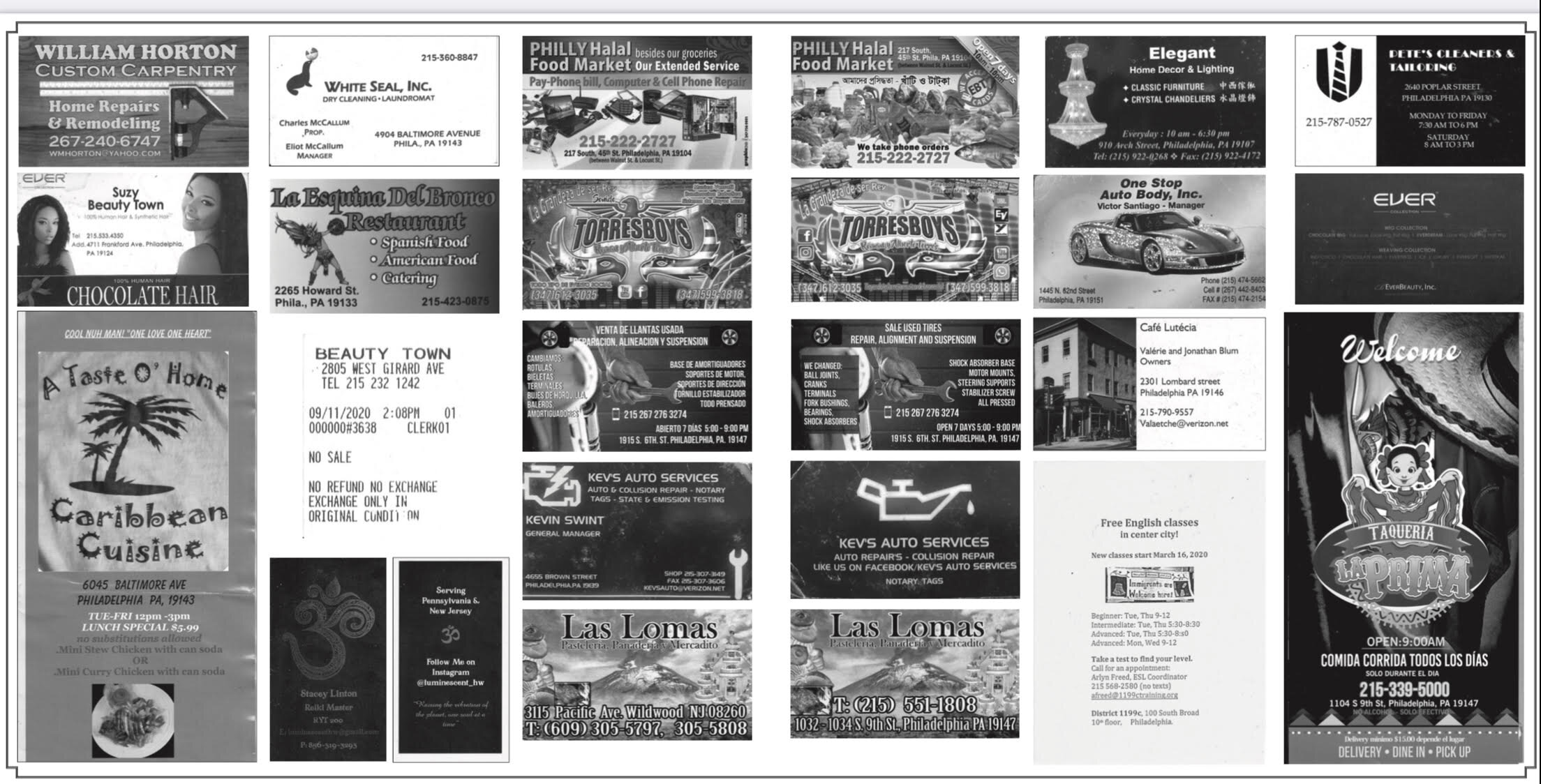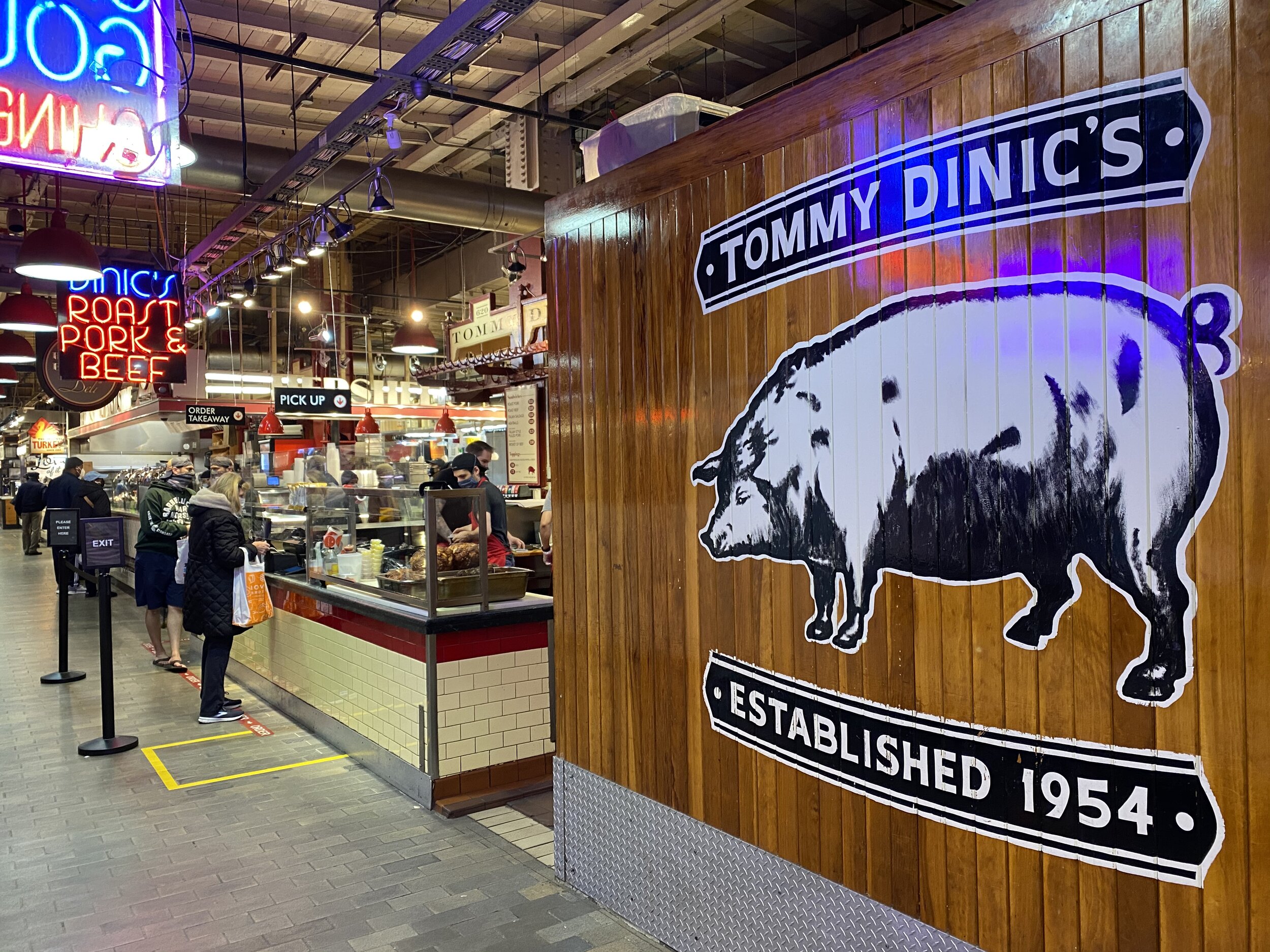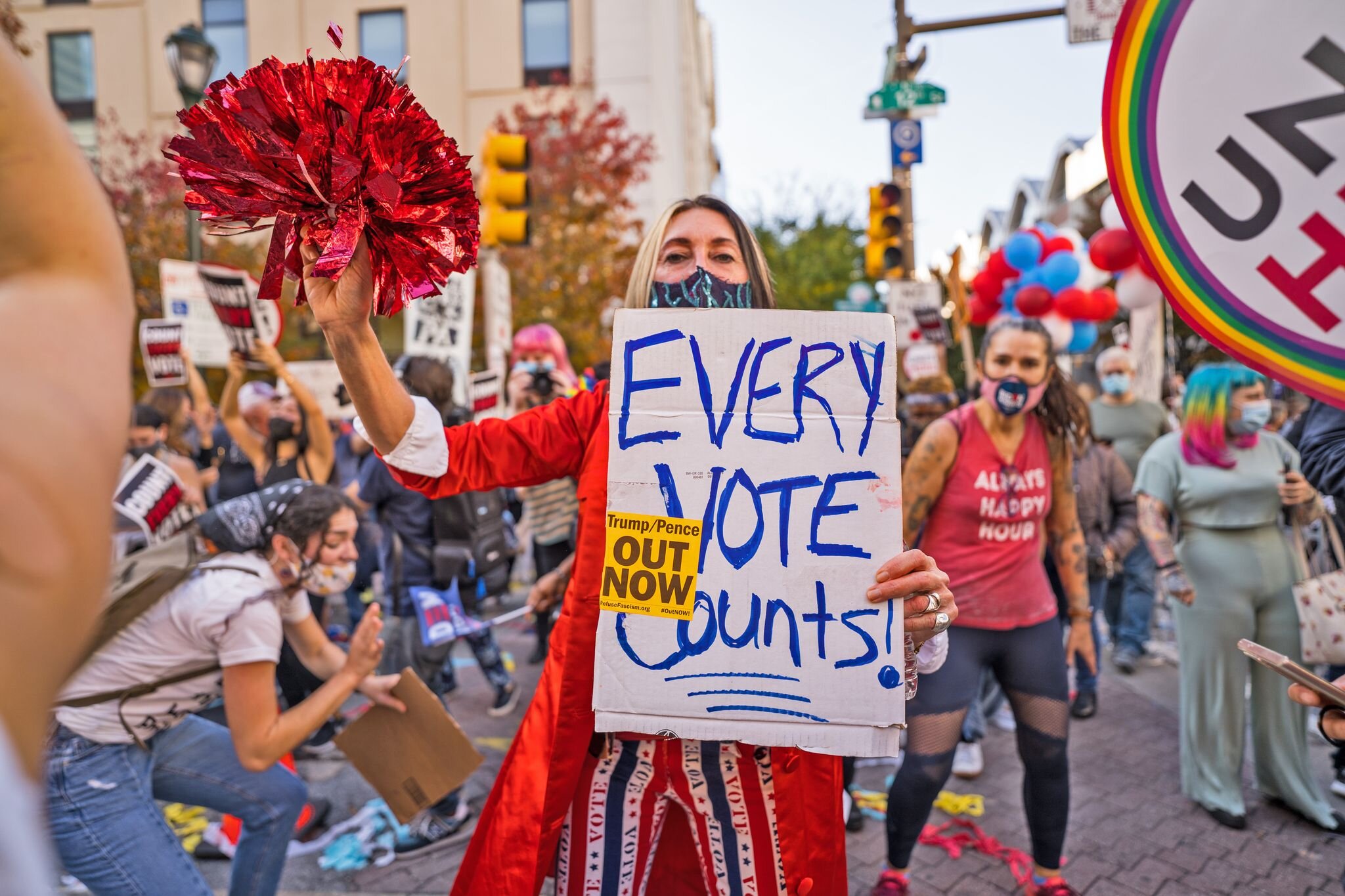In February 2019, a group of nine creative engineers, researchers, artists, and designers who had been working and playing together for years founded the Philadelphia Packaging Company. United around attributing value to objects of all shapes, sizes, and traditional economic worths, the collective began telling the stories of businesses that engage in packaging or selling various goods in Philadelphia.
In their first publication, Spring 2019 Collection: Arrivederci, the group explored the beauty and use that can be found in the labor and purpose of packaging. Throughout the creative process, the members of The Philadelphia Packaging Company explored and deepened relationships with owners of mom-and-pop shops who had an integral knowledge and experience in packaging.
As conversations with store owners progressed in the artistic process of Spring 2019 Collection: Arrivederci, the creators were inspired by the small business economies of Philadelphia. The interest in small business was not new to the collaborators, who always had an interest in the ways in which shop owners and their stores shape the communities they service.
“Business owners and shops are integral to the fabric of the [local] community,” says creative director and emergency room nurse Érica Mukai Faria. “I see them as holding the threads together.”
The artists were further engrossed in the topic of small businesses as they witnessed the effects of gentrification on the shops and stores in their communities. As businesses were pushed out, the communities they lived in changed.
“When [businesses] can no longer be there, or they’re not supported to be there, the fabric [of the community] just kind of loosens,” says Faria.
In July 2019, the collaborators conceived A Phonebook, a multilingual print publication that celebrates and creates a web of tenacious entrepreneurs by telling the stories of the people behind the counter. The publication serves as an advertising space for businesses while acting as an archive of Philadelphia in 2020 through the lens of the businesses that define their communities.
To encourage readers to begin relationships with the people behind the counter, the stories of 25 Philadelphia-based business owners are featured in A Phonebook.
A Phonebook is modeled off of the Yellow Pages and functions similarly as a free resource guide for the public. However, unlike the traditional Yellow Pages, businesses involved in A Phonebook do not have to pay a fee to be featured.
“The traditional phonebook would be a format where you pay to get in. It’s pay to play world. Businesses are economic entities,” says filmmaker Tyler Burdenski.

A Phonebook takes a different approach, exhibiting small businesses of all types—the new, the established; the ones with a store front, and the ones without—not only as economic entities, but also as critical participants in Philadelphia’s living and shifting biome.
“We really want to make this less about transactional relationships and more about lasting, meaningful relationships where you actually know who it is behind the counter. Where they come from. Why they opened that store. What’s been hard and what’s worked well,” says Faria. “At the heart of the project, we are really considering this concept that we call offline connectivity—building in-real-life relationships with people in our communities.”
To encourage readers to begin relationships with the people behind the counter, the stories of 25 Philadelphia-based business owners are featured in A Phonebook. The publication also includes 75 businesses represented by business cards, menus, and short write ups of provided services. Each of the resources and stories featured is written in whatever language the owner felt would be most accessible to their customers.
The publication also includes a tribute to numerous businesses that no longer service the community.
“In the center section, we highlight businesses that are no longer in business,” says print artist Andrienne Palchick. “It is a separated section that we have dedicated specifically to places that were really important parts of their community and have since closed for various reasons, but the majority of them were pushed out due to gentrification.”
A Phonebook centers on the principle of investing in the community by shopping at small, local stores and creating buying habits that build relationships.
As Burdenski puts it, “We just want to create a conversation starter among people again, because there’s so many things to talk about, and to have opinions about. And we hope that this is just something that can open up a conversation.”
By the end of December, copies of A Phonebook will be available to the public for free at small businesses in the Philadelphia community. Be on the lookout while supporting local stores!








